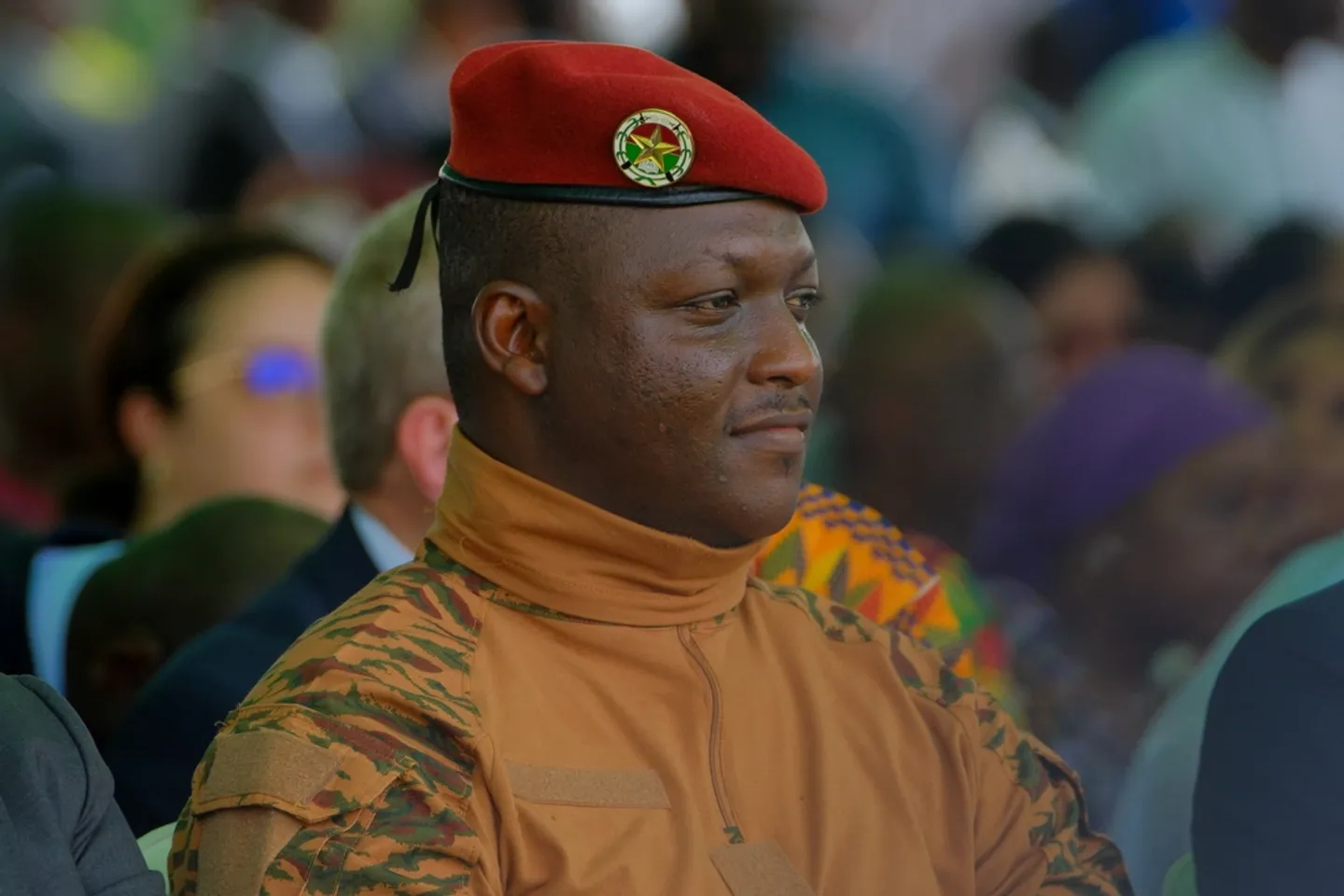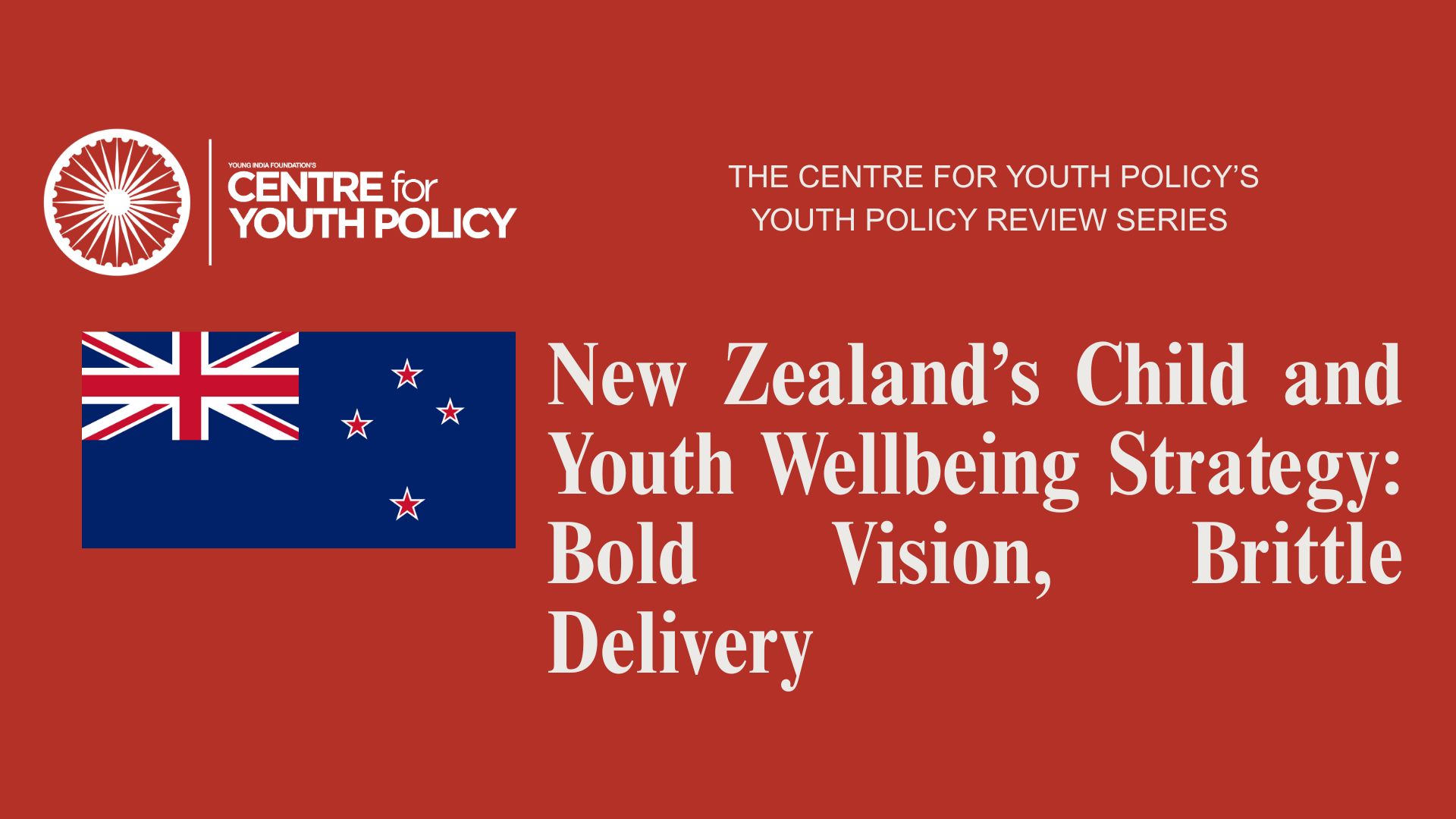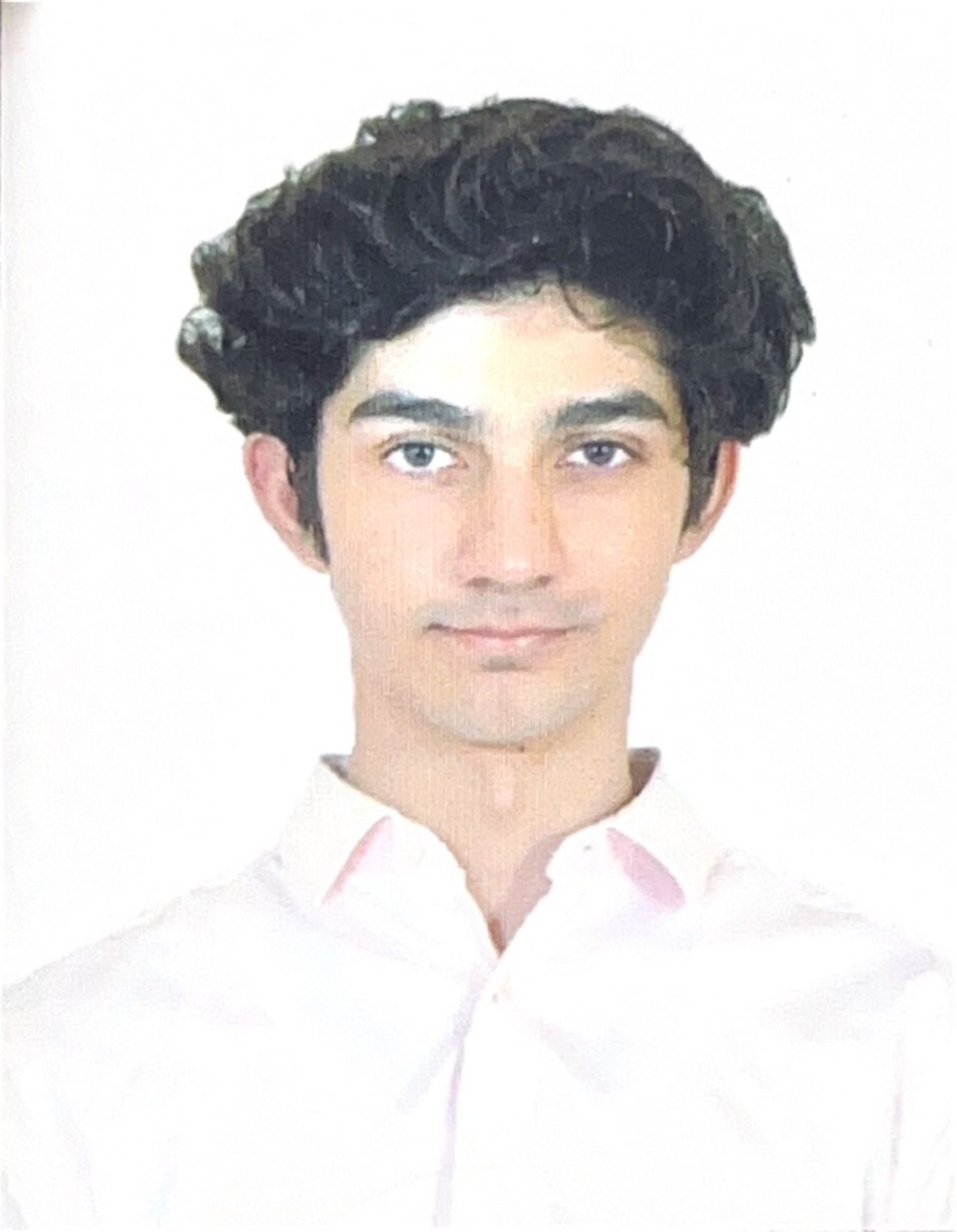When Ibrahim Traoré seized power in September 2022 at the age of 34, he did more than lead a coup, he personified a generational rebellion against stagnation in Burkina Faso and much of Africa. In a continent where the average leader is 63 years old and where most of the population is under 25, Traoré’s rise was more than a military event, it was a symbolic restoration of youth in political command. Three years later, his policies reflect an ambitious experiment: can a young leader rewire the architecture of African governance by fusing post-colonial radical sovereignty with social reform?
Youth As Political Ethos
Traoré has made it clear through his regime that his age shapes not only his image but his political method. Unlike many of his predecessors, he doesn’t present experience as legitimacy, but instead claims youth as authenticity; a sign of closeness to the disillusioned majority. This has made him immensely popular across Africa’s digital spaces, where he’s seen as an icon of defiance against neo-colonialism and gerontocracy.
That form of posturing has tangible consequences. It informs his governance as a participatory movement emphasizing national and patriotic renewal, not just stability. Traoré often frames policy goals in the language of “discipline and patriotism”, arguing that development begins with psychological liberation. He connects with youth through digital broadcasts, collective rallies, and uncompromising nationalist rhetoric. This style resonates deeply with citizens disenfranchised by political elites and extremely rigid governance.
How Does This Spill-Over Into Economic Reform?
Central to Traoré’s vision and arguably one of the greatest arguments for youth angles in the African political sphere is an emphasis on economic independence: the belief that sovereignty requires control over resources.
So far, Traoré has nationalized two gold mines and mandated that all foreign firms operating in Burkina Faso’s mining sector grant the state a 15% stake. The establishment of a national gold refinery in 2024 marked a decisive shift from exporting unrefined gold to processing locally, expected to handle 150 tons per year. Coupled with a law requiring skill transfers to Burkinabè workers, these measures signal an attempt to industrialize without external domination.
Beyond gold, his government has restructured agriculture through investment in cotton processing, irrigation, and cereal production, which reached record levels in 2024. The consequence of this included the nation completely slashing their $4.7 billion in external debt with the renegotiation of domestic and foreign liabilities alongside complete autonomy from the International Monetary Fund for any future assistance in favor of domestic financing.
Such defiance of 'Bretton Woods' institutions has electrified younger Africans weary of debt dependency.
While skeptics cite macroeconomic risks including the lack of multilateral credit support which primitivizes the nation's growth to volatile commodities, the symbolism is potent: Traoré’s economic nationalism translates the youth’s call for nation-wide dignity into policy.
Tackling Domestic Youth Issues
Another critical component of Traoré's government is his focus on youth issues such as unemployment and the fight for greater patriotism and civic engagement. With over 60% of Africa’s population under 25, and youth unemployment rates in Burkina Faso estimated above 14%, this has not gone under Traoré’s radar.
Notably, the National Patriotic Immersion Program which was Launched in 2025, mandated approximately 60,000 recent graduates to undergo civic service in agriculture, defense, environmental projects, and community building. It fuses military discipline with national education, intending to create national unity and offset youth unemployment.
In tandem, his ‘Free Education for All’ plan abolishes fees from primary to university level, provides free textbooks, and expands technical institutes to align learning with productive industries. Traoré has also instructed ministries to create youth-run cooperative enterprises in mining, textiles, and public works.
While critics are right to argue these measures romanticize voluntarism while neglecting structural reform, such policies invite greater debates into Traoré’s broad generational imprint: reclaiming the state’s role as mentor, not bureaucrat. By politicizing youth engagement, he transforms civic participation into patriotic labor.
There is however a dichotomy, while supporters see this as Thomas Sankara’s legacy reborn: the radical, self-reliant, and socially progressive vision that defined the leadership of Burkina Faso from 1983 to 1987, detractors view it as merely an ideological regimentation under military guise.
A Call For Pan-African Renewal And Regional Autonomy
Traoré’s youthful eccentrics and radical nationalism isn't just limited to his domestic policy but is also prevalent in his foreign policy, creating a call for a greater renewal of Pan-African institutional independence and pride region-wide.
Having helped found the Alliance of Sahel States (AES): an intergovernmental confederation of Burkina Faso, Mali, and Niger built around shared defense, energy, and economic coordination, The AES represents an alternative to the Western status-quo ECOWAS; reflecting disillusionment with Western-aligned institutions and sanctions and a greater call for African post-colonial independence.
In rejecting French troops, Traoré established a doctrine of strategic autonomy, reinforcing collaboration with Russia and other non-Western states. These moves have emboldened youth movements across West Africa to demand similar national assertiveness.
Although this redefinition of alliances has bolstered patriotic pride, it also puts a strain on donor relations; potentially narrowing access to international capital and humanitarian support which predominantly comes from the Western Sphere.
The Paradox Between Youth Leadership And Authoritarian Radicalism:
Traoré’s image as the “People’s Captain” obscures a sharp contradiction: while he embodies mass empowerment from marginalized demographics including the youth, his regime centralizes authority. The transitional charter of 2025 extended his rule potentially until 2029, delaying a promised return to civilian governance. Reports indicate that opposition parties face suppression, and civic space has contracted under revived media laws.
This tension between revolutionary vigor and institutional fragility defines his leadership. His emphasis on personal integrity, evidenced by reversing prior government salary increases and maintaining his army pay contrasts with the absence of checks and balances. Critics warn that the cult of personality that sustains him online could erode the institutional discipline he professes to champion.
Nevertheless, these contradictions highlight his generational complexity: the desire to prove youth capable of governance while navigating inherited systems ill-suited for participatory reform.
The Final Verdict
Undeniably, Traoré’s tenure has already recalibrated African political discourse. His rejection of debt dependency, assertion of resource sovereignty, and investment in civic participation are tangible outcomes, not mere slogans. Under him, Burkina Faso’s long-marginalized youth population perceives itself as a national cornerstone rather than a social problem.
However, it is important to remember that the success of these reforms will depend on sustaining inclusivity and institutional constancy. If the military-driven state fails to translate charisma into law and innovation into efficiency, Traoré’s revolution could mirror the cyclical enthusiasm of past uprisings in the region.
Although aspects of his leadership still echo the post-colonial aristocratic governance that has historically constrained youth participation and weakened institutional checks, his blend of economic nationalism, civic mobilization, and regional reorientation offers a compelling prototype for generational governance. By rejecting the entrenched political grammar of dependency and deference, he advances the notion that African agency begins with the self-belief of its youth.
Whether this experiment matures into stable statecraft remains unresolved. But for now, Burkina Faso under Traoré embodies a rare, volatile and ambitious case study where nationalist idealism meets pragmatic challenges, but to most, a sign of hope: a charge for African renewal led by a leader who, for once, speaks the language of the continent’s young majority.


.jpg)


